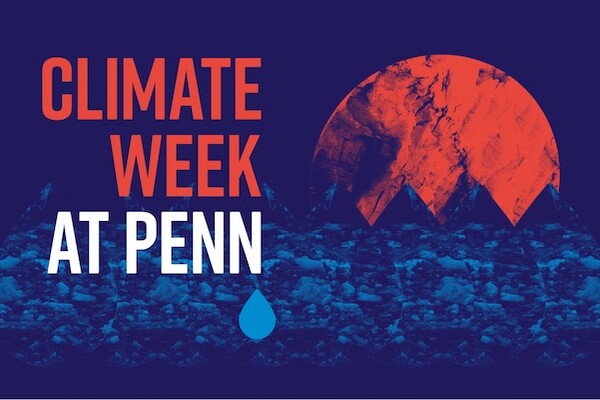
A week’s worth of online events, aimed at engaging the entire Penn community, will examine the interplay of climate change, COVID, and social injustice.

A week’s worth of online events, aimed at engaging the entire Penn community, will examine the interplay of climate change, COVID, and social injustice.

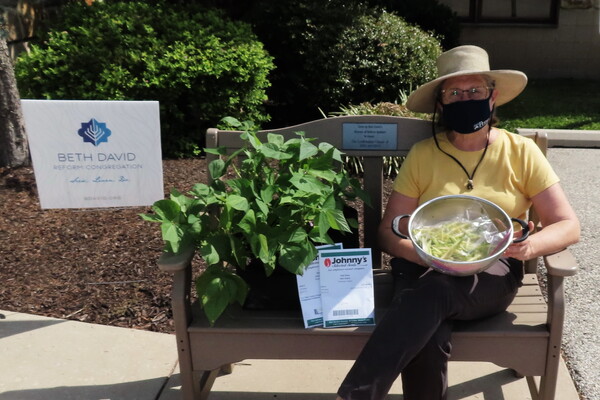
Inspired to make her synagogue community more sustainable, Jane Horwitz of the Science Outreach Initiative helped congregants grow green beans for distribution to a local food pantry. (Image: Courtesy of Jane Horwitz)

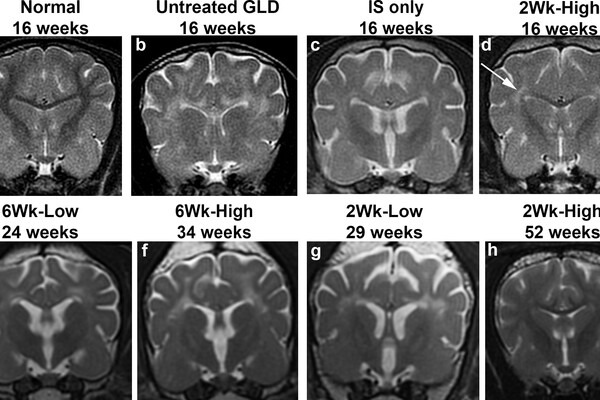
Treating dogs with Krabbe disease, a rare and fatal condition that also affects infants, with a gene therapy targeted to the brain led to remarkable results in a study led by a team from the School of Veterinary Medicine. (Image: Courtesy of Charles Vite)
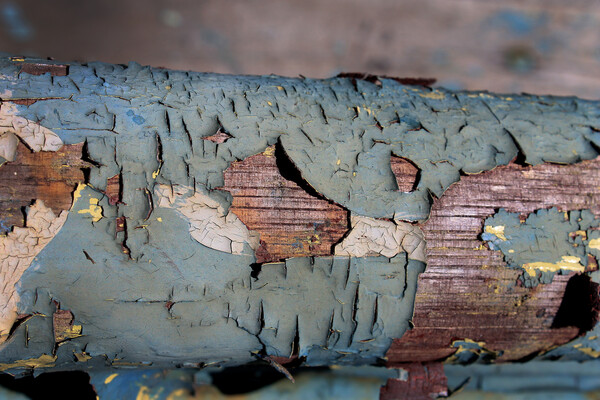

Crossing the blood-brain barrier to treat the whole brain has been a challenge for researchers aiming to treat inherited neurodegenerative disease. The results from a study in a large animal model offer “a big advance” in this pursuit, says John Wolfe of Penn Vet, Penn Medicine, and CHOP.

An open and engaging virtual orientation session set the tone for the Translational Research Internship Program, held online this year for the first time. (Image: Courtesy of Jessica German)
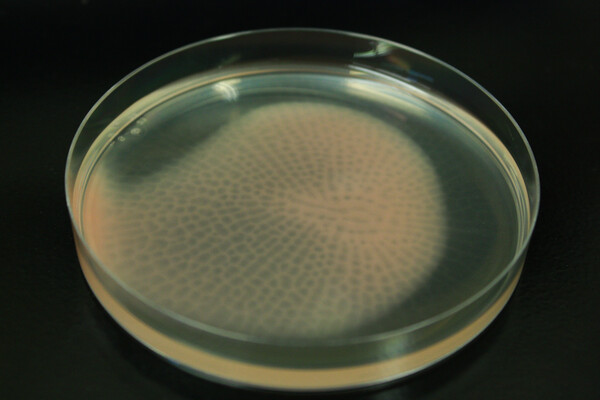
Biologists found that the archaeon Haloferax volcanii rapidly forms honeycomb structures in response to changes in its environment. They hope to gain more insights into the microbes through a new initiative, the Archaeal Proteome Project. (Image: Courtesy of the Pohlschroder lab)